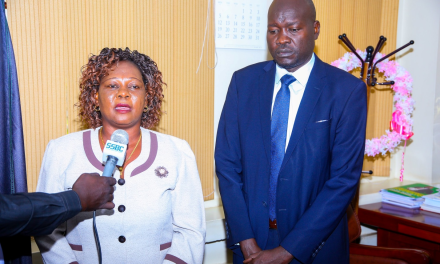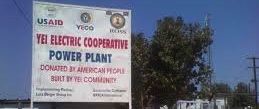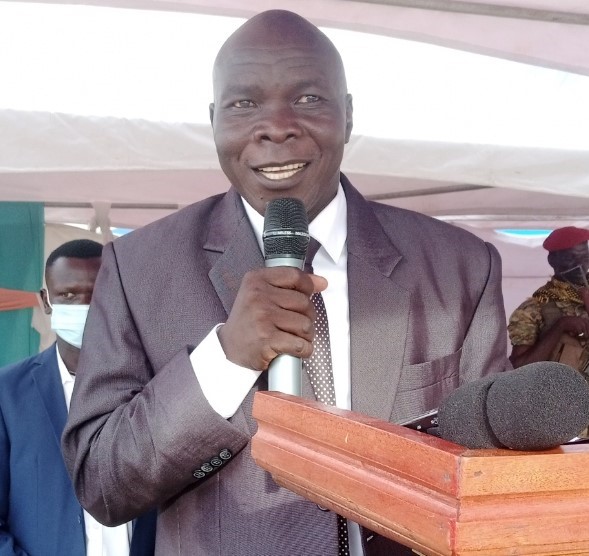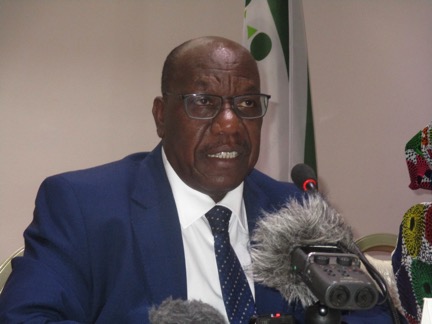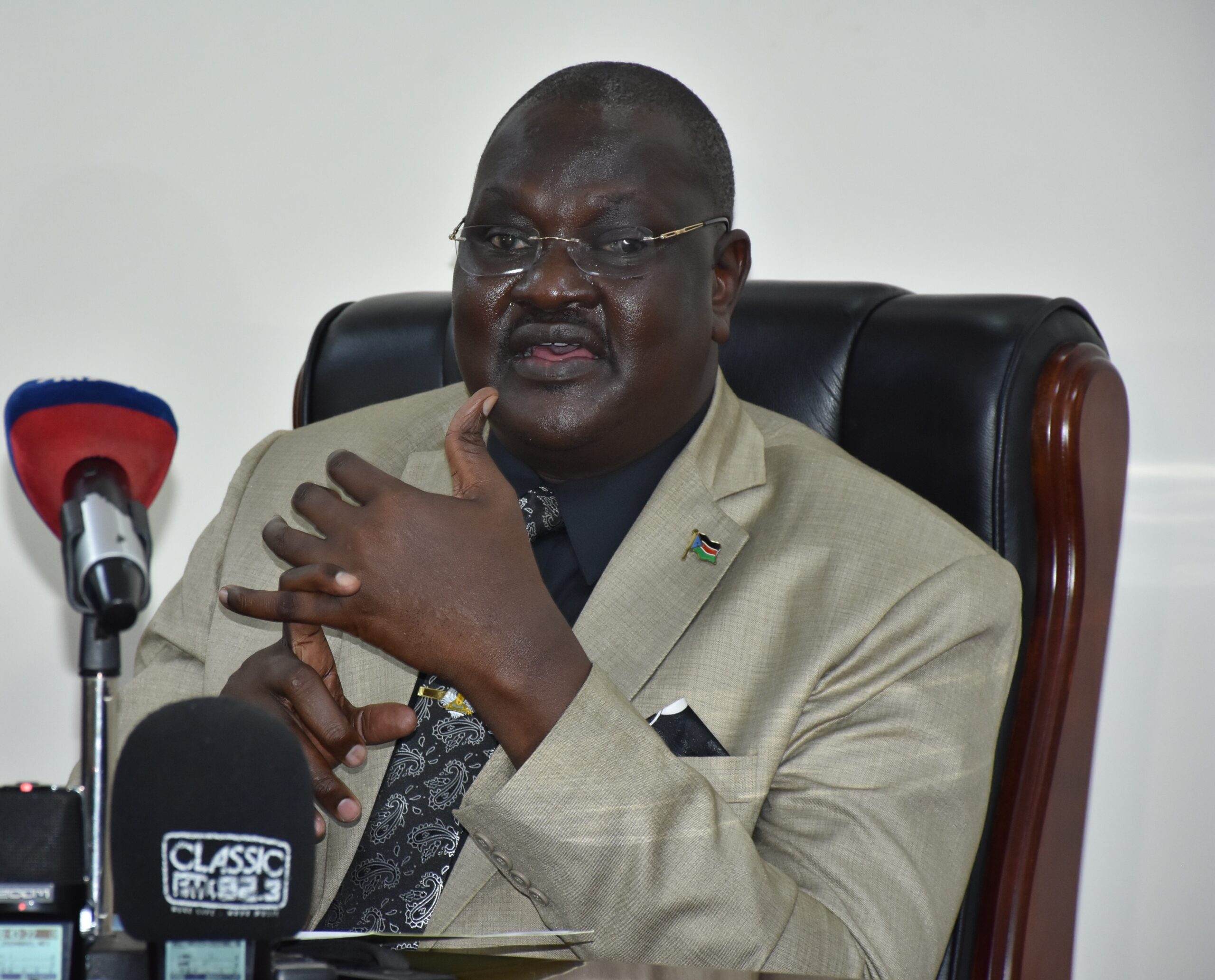
EU engages in agriculture in South Sudan to offset oil dependency
By Simon Deng
The European Union is engaging communities in South Sudan in the agriculture sector to ensure addition income for the country which solely depends on oil revenue.
South Sudan must shift from dependency on oil to agriculture which is more productive and sustainable, Christian Bader, the ambassador of the European Union to the African nation said on Thursday.
Bader was handing over agriculture and livestock production guides to the two ministries of agriculture and livestock.
The cycle program on crop and livestock production supported by the European bloc runs from 2021 to 2027.
“My firm believe is that the oil is not the future of this country,” Bader said.
“The future of this country is the people of course and also the land, another resource is the water,” he said, adding that “crop production and livestock production will be the future of the country if we are able to improve production and productivity, if we are able to have proper infrastructure.”
“It is critical that small holder farmers have access to extensive services that make latest technology available to them and contribute to development of skills that will be relevant to the development of agriculture in South Sudan,” Bader said.
Josephine Lago, the Minister of Agriculture said her country is committed to invest in agriculture, and that it focuses on moving away from depending on food aid to commercialized food production.
“We will try to catch up with food system development,” Lago said.
“There is an information gap that we need to fill as we strive towards increasing agricultural production in the country. We do not want South Sudan to continue dependency on food aid.”
Onyoti Adigo, the Minster of Livestock and Fisheries said that there is need for the provision of extensive services, noting that producers need to take up innovation to improve production across the country.
“Given this situation in the country, investment in extensive services is a key for sustainable agriculture and livestock development,” Adigo said.
“We need to work together for a functional, efficient, cost effective and responsive extensive service capable of addressing rapidly changing environment al economic, social and market situation in the country,” he said.
“This will enable producers to take up innovations, improve production and protect the environment.”


